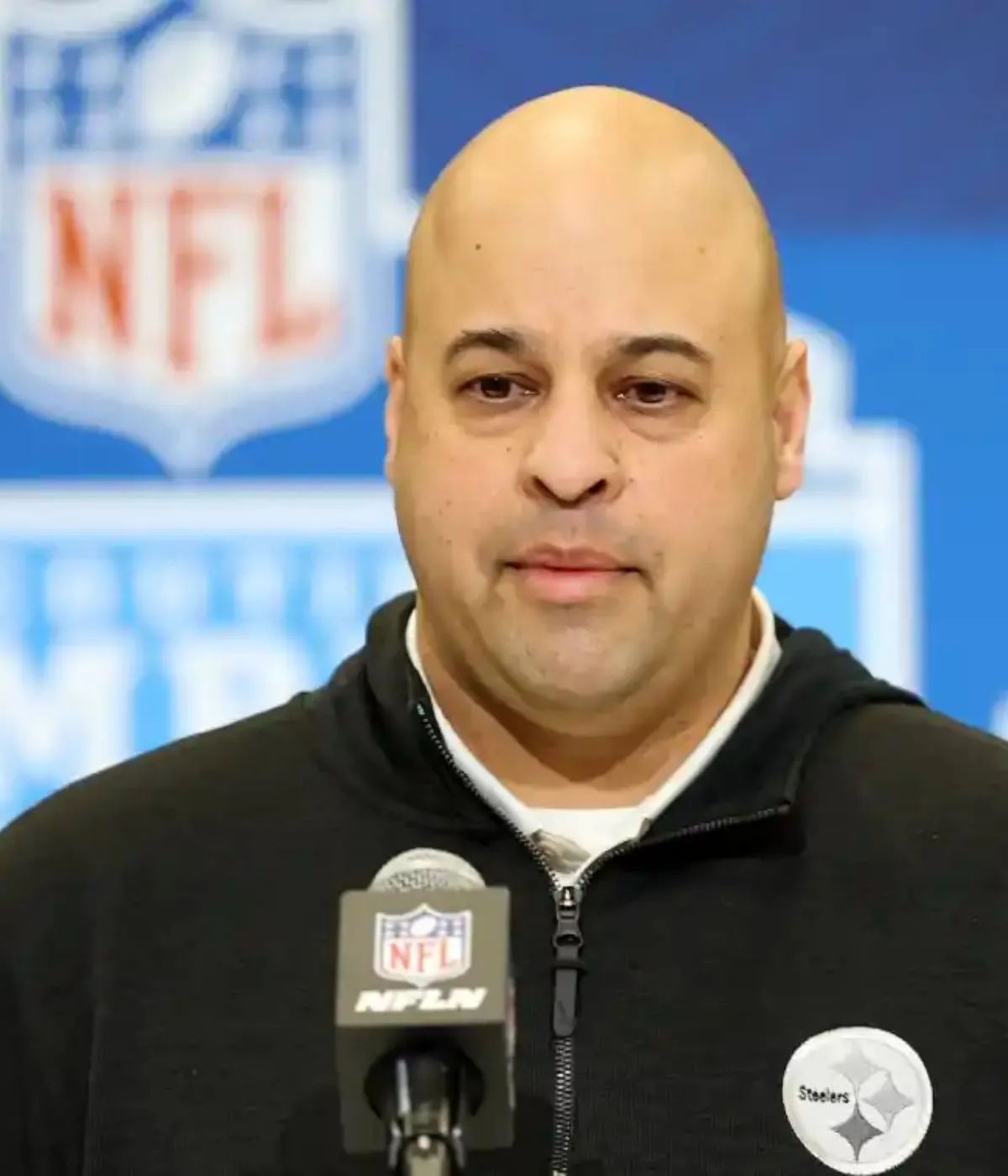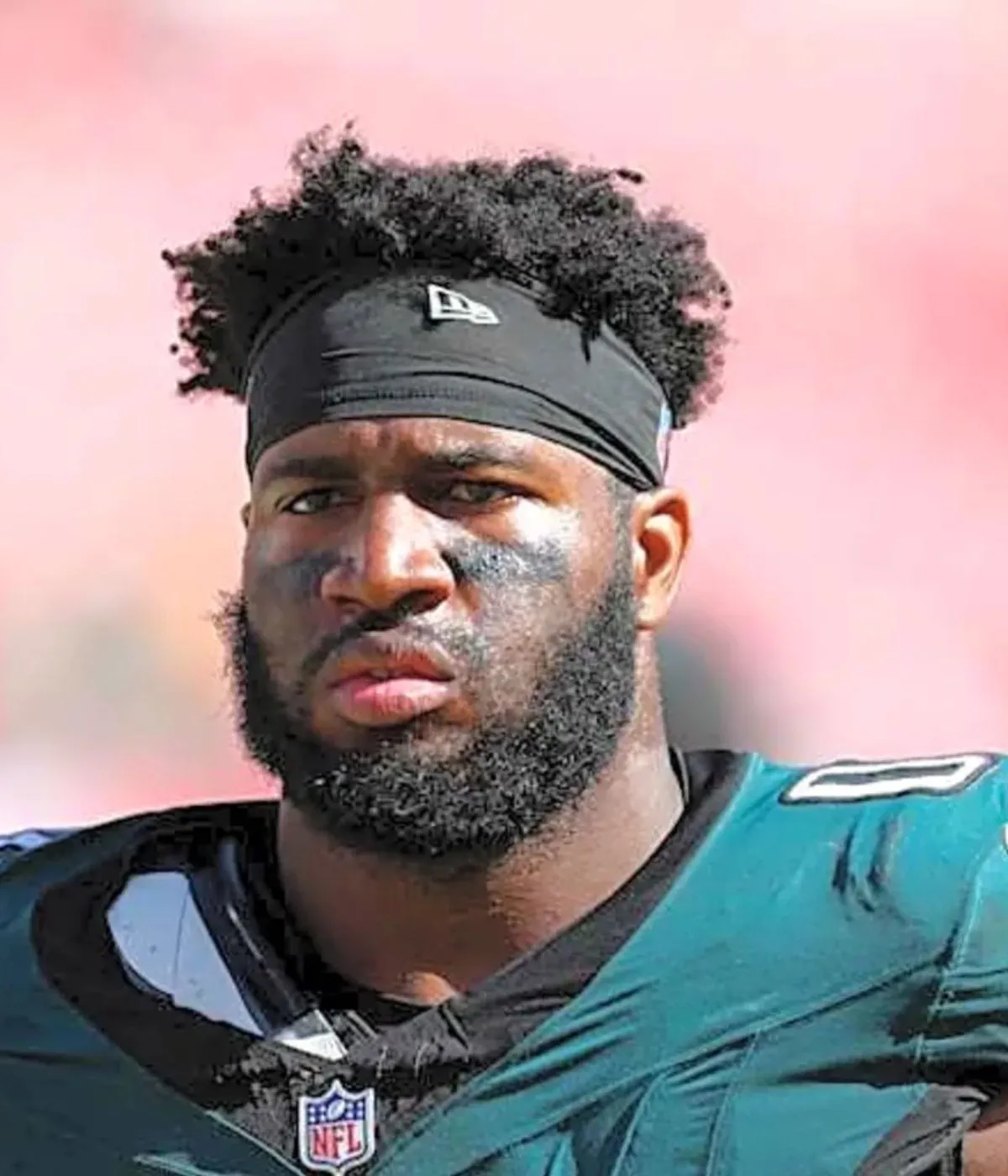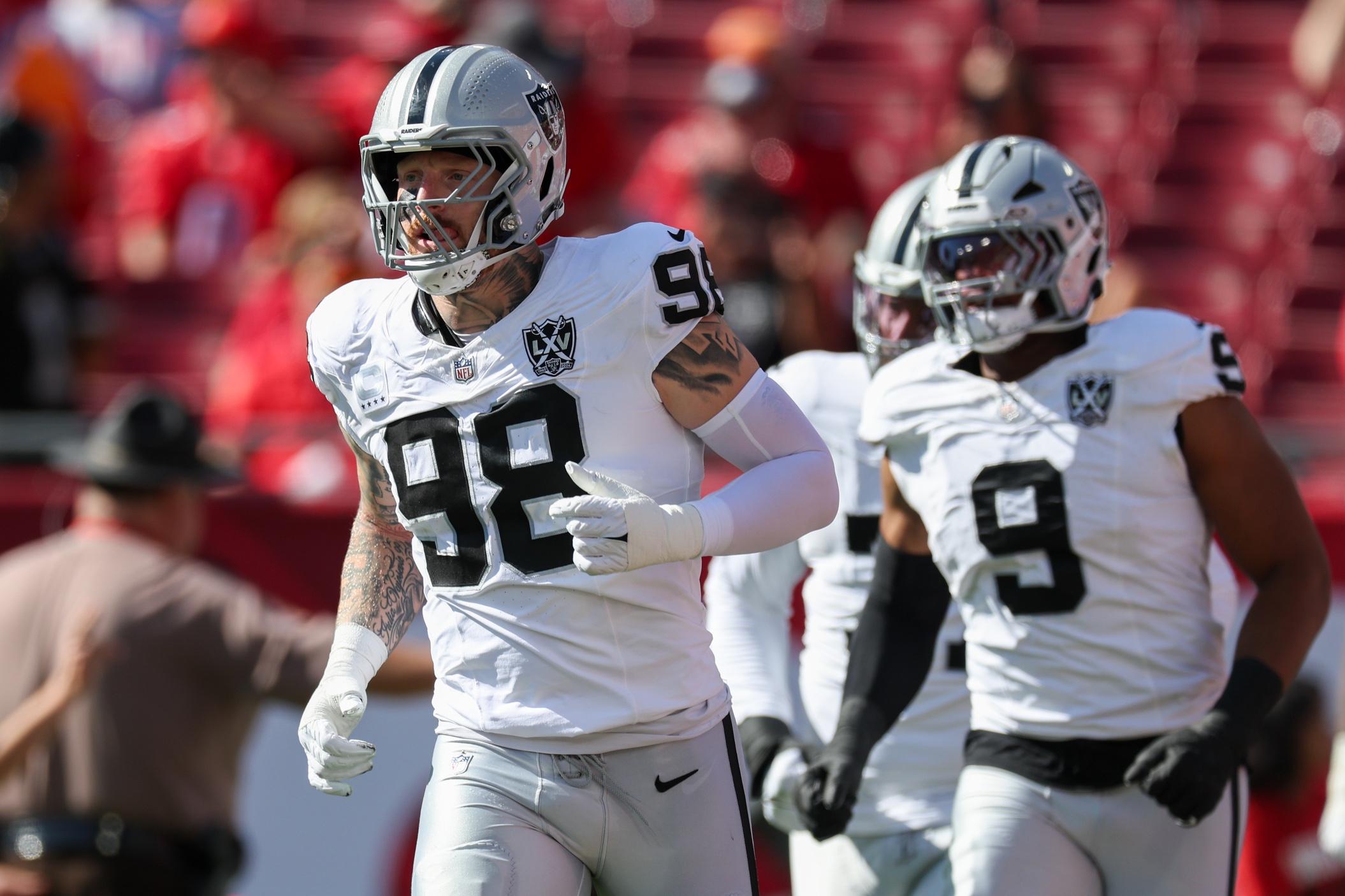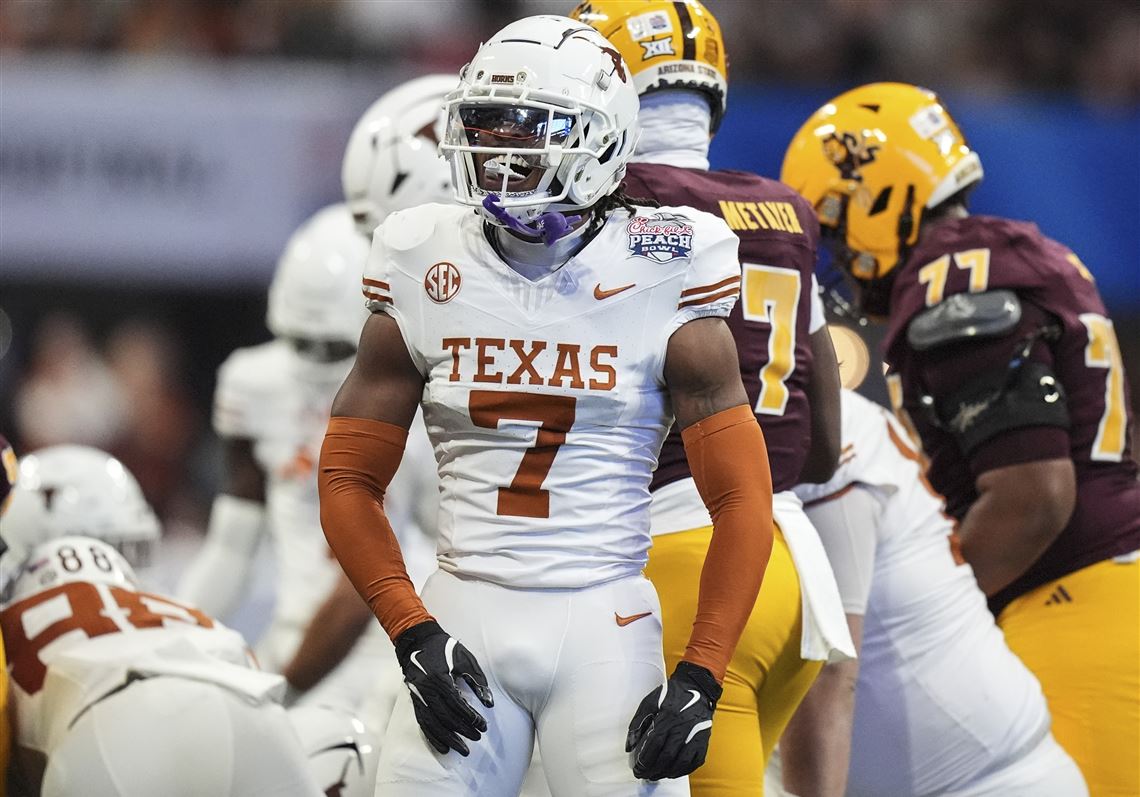How 'Baddest Man' Author Mark Kriegel Went From Hating Mike Tyson To Writing Biography On Him
Mark Kriegel didn’t want to write about Mike Tyson.
The author of biographies on Joe Namath, Ray “Boom Boom” Mancini and Pete Maravich was a natural for a deep dive on the former heavyweight champion, but he just wasn’t interested.
“The last thing I wanted to do was write a Tyson biography,” said Kriegel to The Ring.
But here we are. Tuesday, "Baddest Man: The Making of Mike Tyson" — by Mark Kriegel — hits bookstores, and while Kriegel initially balked when approached by his publisher, we should be glad he agreed.
To think, it all started as something completely different.
“The book changed,” said Kriegel. “It started out as kind of an essay. But he generates so much story. Tyson generates more story than anyone I've ever written about. So the book became more biographical, became fuller.”
In March 2023, when Kriegel handed what he had to his editor, it was clear that an essay was out the window. This was going to be a full biography, the kind of which Kriegel has established himself as the king of.
“I gave him what I had and he liked it a lot,” said Kriegel. “And I said, ‘Yeah, well he's 16 years old and you got about 80,000 words there. What do you want to do?’ And he said, Can you make it two volumes? And, of course I said, absolutely not. And here we are. It's presumably two volumes.”
“Baddest Man” covers Tyson’s life from birth until his career-defining win over Michael Spinks in 1988. That leaves a lot of life to cover and, spoiler alert, Kriegel has started the interviewing process for the second book.
That’s exhaustive, in and of itself, if the reporting is as robust as it is in volume one, as Kriegel tracked down anyone and everyone involved in the Tyson story to make this not just a straight biography, but a cultural history of a time we may never witness again. Trust me when I tell you, you could have read the countless tomes on Tyson, even his own two books, and still find stories you’ve never heard before.
“One of the reasons I wasn't particularly happy when the editor asked if I would write about Tyson was because there's been so much, including two volumes of autobiography, which are pretty damn good,” Kriegel said. “So the question becomes, 'What can I do that's different?' And my first answer was, I think that there's some kind of essay in this about covering boxing, about learning to write about his life as a kind of case study. Our careers are roughly contiguous. And I was wrong. One of the main things I was wrong about, it's not an essay, it's a biography. But I did want to keep certain things in there about the relationship between fighters and writers. And the reason why it worked is because the opening parts of the Tyson myth were written by some really outstanding American writers, beginning with Gay Talese, who was writing about Cus [D’Amato] before Tyson was born. And I think one of the reasons that Tyson became a figure of interest of great interest really early on is because this fable of Cus and the kid is so irresistible.”
As such, the writers that were along for the wild Tyson ride: Talese, Wally Matthews, Pete Hamill, Jack Newfield, Robert Lipsyte, Mike Katz, among others, are all a part of the story.
But what about “Iron Mike”? Was he involved in the “Baddest Man” process? Well, yes and no.
“We had two Zoom calls to sort of establish the rules of this thing,” said Kriegel of his interactions with Tyson during the writing of the book. “And he was cool with it. I've had people saying, no, I have to share in the profits. And I try to explain, I don't do books like that. Some people look at biographies, they think it's a licensing deal. It's not. But a couple things that I remember. Number one, he was very protective of his kids. Number two, I don't think he necessarily agreed with my thesis about Cus. And I understand why. I asked him, ‘Did he do you the greatest favor in the world? Because, to my mind, he was asking you to make him immortal.’”
In a way, Tyson did make D’Amato immortal, as the late trainer of Tyson, Floyd Patterson and Jose Torres is still discussed and quoted today, decades after his death. As for Tyson, he has also become immortal in the sport that made him and, often, broke him. Yet by all accounts, Tyson is doing well these days, and the reality that he and his wife Kiki gave the green light for people to talk to Kriegel says a lot about the man he’s become.
Does that mean “Baddest Man” is 448 pages of fluff? Far from it. Kriegel’s exhaustive reporting guarantees that the good, bad and the ugly of Mike Tyson is covered in detail, but it’s not a book of tabloid reporting, either. It’s fair and even-handed, and when it’s over, you can almost picture Tyson as a sympathetic figure, with plenty of folks around him more “villainous” than him. That’s likely not what Kriegel pictured happening when he started the project.
“I started writing a column in 1991, so I didn't know him,” he said. “I didn't have any personal allegiance to him. I didn't come up with him. What I knew of him was that my best friend at the time, and a wonderful, great columnist, Mike McAlary, wrote the story that Tyson tried to kill himself. I knew that Newfield said he makes the same mistake that [Norman] Mailer does; he confuses the violent and erotic. And there was Teddy [Atlas], who was extraordinarily important in my growth as a writer and covering boxing. And I didn't hear that much good about Tyson. So he became the designated villain in my column, and I felt full-on righteous about it.
"When I look at him now, I wince at how overboard I went, and how I lacked any compassion at all. And that's not like me as a columnist, but when you're a kid and you get a column, you are always told, ‘Hey, be tough on everybody.’ And sometimes you misinterpret that. And despite whatever your best instincts are, you can be an [expletive]. Getting a tabloid sports column when you’re a kid can encourage your absolute worst tendencies as a writer. I remember being told, ‘Hey, we want red meat.’ And I knew what that meant. And Tyson was red meat. And it wasn't that I didn't believe what I was writing; I just didn't have any sense of proportion or compassion. But I was a kid. And the thing that drew me to what made me so hesitant about a Tyson biography was thinking about some of the stuff that I had written. And I didn't want to revisit it, and I didn't want to revisit all that crap that I associate with the nineties.
"You can't write biography without a substantial part of yourself loving your protagonist. And I had never loved Mike Tyson before. I didn't like him, and I spent most of my career hating him.”
But in 2012, long before he put pen to paper for “Baddest Man,” Kriegel got to catch an early version of Tyson’s one man show, “Undisputed Truth,” and sat down with the Hall of Famer after it concluded.
“I sat through that thing and he made me weep,” said Kriegel. “And I remember meeting with him afterward, and I remember talking about what it was like covering him. We were talking about the full-on nineties, when he was just as antagonistic as he could have been to us. And he said, ‘How did it make you feel?’ And I just stopped for a second. He was asking me a real question. And I told him it was like getting high. It was a rush. One of the more thoughtful questions I've ever been asked by someone I was supposedly interviewing, but it stayed with me. And I thought about him differently from that point on.
“He had gotten sober, at least from booze, but I’ve got to give the guy credit. No one, least of all him, ever imagined that he'd be here in 2025. I don't think he imagined himself living into middle age. And I don't know anyone who covered him, who thought he'd make it here. So, to me, there's virtue in just having survived. But the idea that he has a family, that he survived what he has, it's difficult not to like him. It's difficult not to feel some affection for him. And it's impossible to dismiss him as the monster that I wrote about in the nineties.”
Like any life, there are good parts and bad parts, and Kriegel covers them all in in a book that’s all good for anyone interested in Tyson, the world of boxing, New York City, hip-hop, true crime and a truly American life.
Not bad for someone who didn’t even want the project to begin with. But once he was in, Kriegel had one goal.
“I really didn't want to fail [the late] Pete [Hamill].”
He didn’t.




